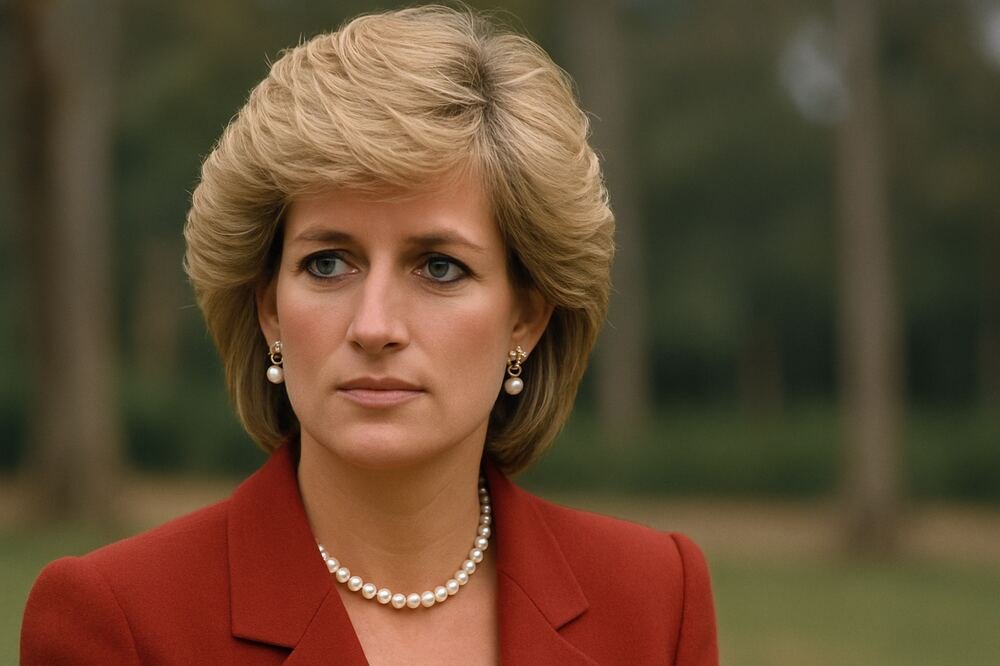Maria Corina Machado Nobel Peace Prize — A Beacon for Democracy in Venezuela
Maria Corina Machado Nobel Peace Prize recognition marks a milestone not only for her personally but for the broader struggle for democracy in Venezuela. Awarded in 2025, she was honored “for her tireless work promoting democratic rights for the people of Venezuela and for her struggle to achieve a just and peaceful transition from dictatorship to democracy.”
This article explores her life, her activism, what makes her stand out, and why the Nobel committee deemed her worthy of this prestigious honor.
Early Life, Education, and Entry into Activism
- Maria Corina Machado was born on October 7, 1967, in Caracas, Venezuela.
- She comes from a well-known family: her father was an industrialist in the steel industry.
- She studied industrial engineering at Andrés Bello Catholic University and earned a master’s degree in finance from the Instituto de Estudios Superiores de Administración (IESA) in Caracas.
- Early on, she engaged in social causes. In 1992, she founded Fundación Atenea to support street children and youth in Caracas.
Her technical background and early social work helped build her reputation as someone who wanted to combine competence, ethics, and social concern.
Founding Súmate and Electoral Oversight
One of Machado’s pivotal contributions was co-founding Súmate in 2002, a volunteer election-monitoring and civic organization designed to ensure transparency in Venezuelan elections.
- Through Súmate, she pushed for ballots over bullets — a strategy to resist authoritarianism via procedural, institutional pressure rather than violence.
- Her involvement with Súmate exposed her to legal harassment. In 2004, the Venezuelan government accused her and others of treason and conspiracy for receiving foreign support (notably from the U.S. National Endowment for Democracy).
- The prosecution was widely seen as an attempt to intimidate civil society and dissenting voices.
By putting her reputation and freedom at risk, Machado demonstrated that defending democracy in Venezuela would require personal sacrifice.
Social Stratification | Types, Challenges, Politics and Sociological Point of View
Political Career and Bold Opposition
- In 2010, Machado left Súmate and ran for the National Assembly representing the Miranda state within the opposition coalition. She won with the highest vote tally among her peers.
- She served in the National Assembly from January 2011 until March 2014.
- Her legislative work included pushing for transparency, civil liberties, and criticizing state overreach.
- However, in 2014 she was stripped of her Assembly seat under controversial circumstances, widely seen as politically motivated.
- During the 2014 wave of protests against Nicolás Maduro’s government, Machado emerged as a key voice in the opposition.
Her political career reflects consistent opposition to authoritarian drift, not opportunistic, but rooted in democratic principles.
Read also: Most sensitive topics in politics, ranked from 1 to 20, with 1 being the most sensitive
The 2023–2025 Struggle: Banned, Hidden, but Unbowed
In the opposition primary of October 2023, Machado secured an overwhelming victory with 92% of the vote. But soon after, the Venezuelan judicial system disqualified her from running in the 2024 presidential election.
- She responded by designating substitute candidates (first Corina Yoris, then Edmundo González).
- The opposition claimed that González won by a landslide, but the Maduro-controlled institutions declared Maduro the winner without releasing transparent evidence.
- Facing mounting threats, Machado went into hiding in mid-2024, citing fears for her life.
- In January 2025, she briefly reappeared during a protest in Caracas; government forces attempted to arrest her, but she was released.
Her choice to remain in Venezuela — rather than exile — despite grave danger, speaks to her commitment and courage. The Nobel Committee called her “one of the most extraordinary examples of civilian courage in Latin America in recent times.”
Why the Nobel Committee Honored Her: The Strengths in Her Struggle
- Persistence in Democratic Principles — She never turned to armed struggle. Her resistance has been civic, institutional, and moral. The tools she has used—monitoring, advocacy, alliances—are consistent with democratic norms.
- Unifying Role in a Fragmented Opposition — Venezuela’s opposition has often been divided. Machado’s leadership helped consolidate pro-democracy factions and focus them on electoral and institutional pressure.
- Personal Sacrifice and Risk — Facing threats, legal charges, and forced hiding, Machado’s persistence underscores the high stakes of her activism. She became a living symbol of resistance.
- Global Recognition and Strategic Visibility — Her activism drew international attention. She had already been honored with the 2024 Václav Havel Human Rights Prize and the Sakharov Prize. The Nobel Committee emphasized that democratic rights and peace are intertwined: “the tools of democracy are also the tools of peace.”
Challenges, Criticisms, and Hope
No major public figure is without critique. Some concerns about Machado include:
- Her strong defense of free-market reforms and privatization ideas have drawn criticism from those who fear they may harm vulnerable populations.
- Her alliances and rhetorical alignment with external actors (including U.S. policy) have occasionally made her a polarizing figure.
- The structural power of the Maduro regime (control over judiciary, electoral bodies, security forces) remains immense. Machado’s ability to drive real structural change is constrained by entrenched state capture.
Yet, her recognition with the Nobel Prize injects renewed legitimacy, global spotlight, and moral momentum into Venezuela’s democratic movement. It signals to supporters and detractors alike: the world is watching.
Conclusion
With the Maria Corina Machado Nobel Peace Prize accolade, the world acknowledges not just her individual courage, but the broader Venezuelan struggle for democracy. Her story demonstrates that in the face of repression, principled resistance, unity, and moral clarity can still shine through.
The award is a rallying cry to Venezuelans and democracy advocates globally: even in the darkest moments, civilian courage matters. Machado’s story will likely be studied for years as a case of how democratic values can survive, and possibly thrive under authoritarian pressure.
Sources: PinterPandai, The Nobel Prize
Social Stratification | Types, Challenges, Politics and Sociological Point of View



